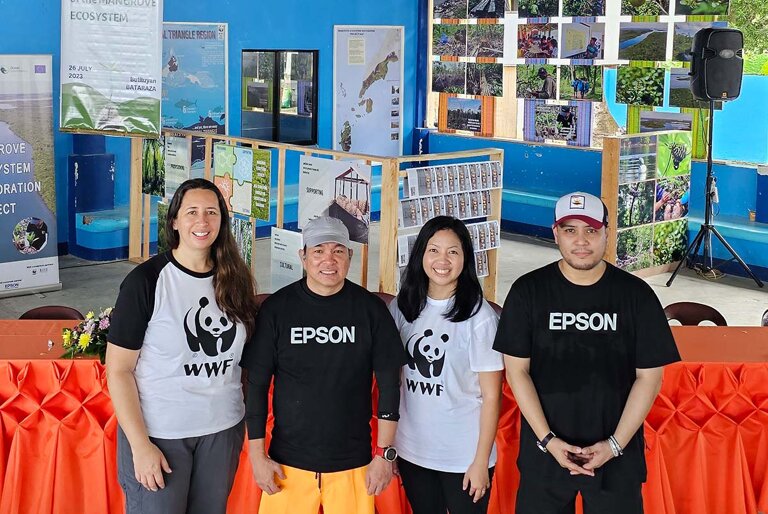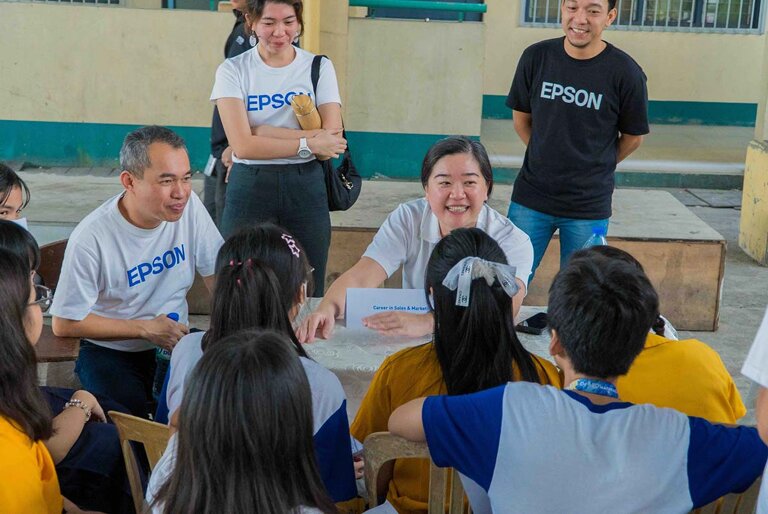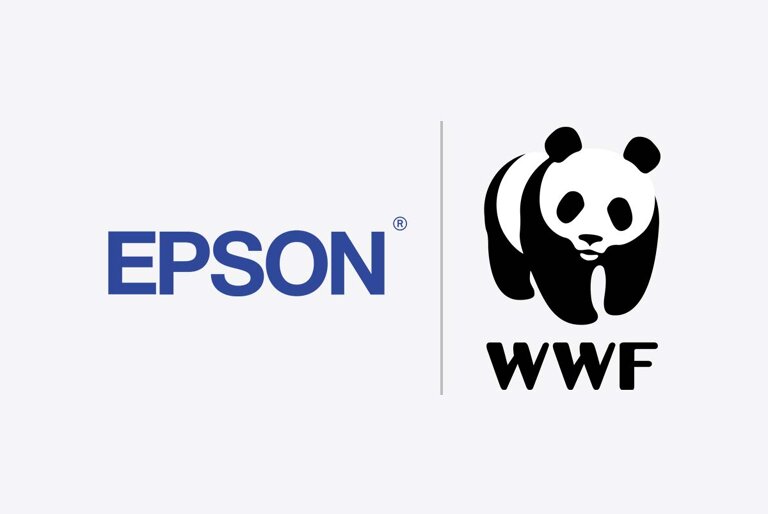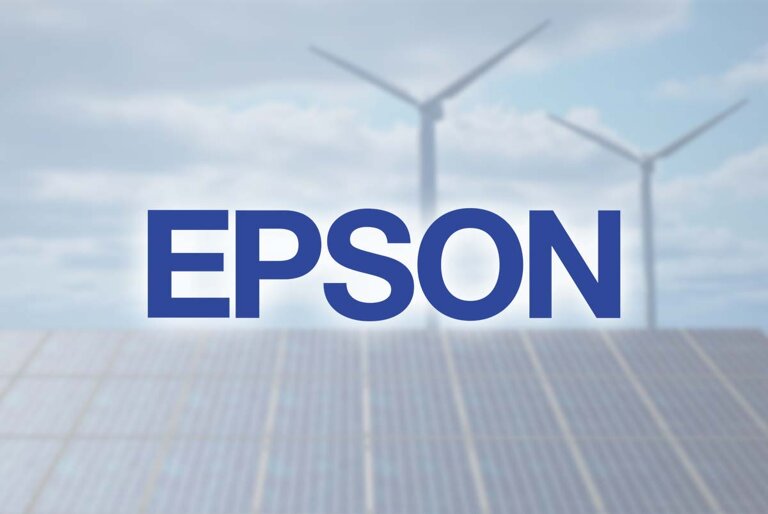Epson teamed up with the World Wide Fund for Nature (WWF) Philippines, EU Ocean Governance, and the Bataraza local government to launch a new community learning and innovation hub (CLIH) in Bataraza, Palawan. The CLIH aims to establish a learning network that builds the capacity of the local coastal communities through knowledge exchange and sharing of best practices while promoting collaboration.
The CLIH is part of a larger initiative by the WWF-Coral Triangle Programme that focuses on the Sulu-Sulawesi Seascape, a marine ecoregion shared with Indonesia and Malaysia, known for its rich and significant levels of marine biodiversity. The initiative is also supported by Epson under the regional partnership with WWF and aims to create scalable conservation activities, primarily focused on restoring degraded or damaged coral reefs and mangrove areas.
Mangroves are vital for ecosystems, providing benefits for both nature and people. They store more carbon than tropical forests, and their loss contributes to global greenhouse gas emissions from deforestation. They also protect the coastlines from erosion, storms, and floods, and provide habitat and nursery grounds for many marine species.
Unfortunately, 62% of the world’s mangroves have been destroyed between 2000 and 2016. In the Philippines, mangrove forests have declined from 450,000 hectares in 1918 to 120,000 hectares in 1994. The main causes of mangrove loss are conversion to fishponds, coastal development, logging, and pollution.
To address this problem, Epson and WWF-Philippines launched the Bataraza Learning and Innovation Hub (BLIH) in January 2023, following the previous launch of the Balabac Learning and Innovation Hub (BLIH) in August 2022. Together with partner stakeholders in Balabac and Bataraza, the project is implementing a local capability development program that includes biophysical, socio-economic, and governance aspects of ecosystem restoration, and community knowledge exchange.
The project also trains community champions for co-management of restored and existing coral reefs and mangrove areas. These champions are local leaders who can inspire others to take action for conservation. They are equipped with skills and knowledge on mangrove identification, planting techniques, monitoring methods, and environmental laws.
“This is just one step towards our global commitment of reaching out to communities and continuing our support towards restoring and protecting the Philippines’ rich biodiversity. Our continuing partnership with WWF enables us to work toward a shared goal of a greener future for all,” shared Masako Kusama, President and Director of Epson Philippines Corporation.
“The work we do with WWF underpins Epson’s goals to champion projects that support biodiversity, inspire collaborations, and enrich lives, not just in the Philippines but across the region as well.”
In conjunction with World Mangrove Day on June 26th, representatives from Epson and WWF visited CLIH in Barangay Buliluyan, Bataraza, to celebrate the special occasion with local communities and volunteers. They also planted mangrove seedlings along the coast as part of the restoration activities.
The CLIH is expected to serve as a model for other coastal communities in Palawan and beyond who are interested in learning more about mangrove conservation and restoration. Through this project, Epson and WWF-Philippines hope to raise awareness of the importance of mangroves for nature and people and inspire more action for their protection.




